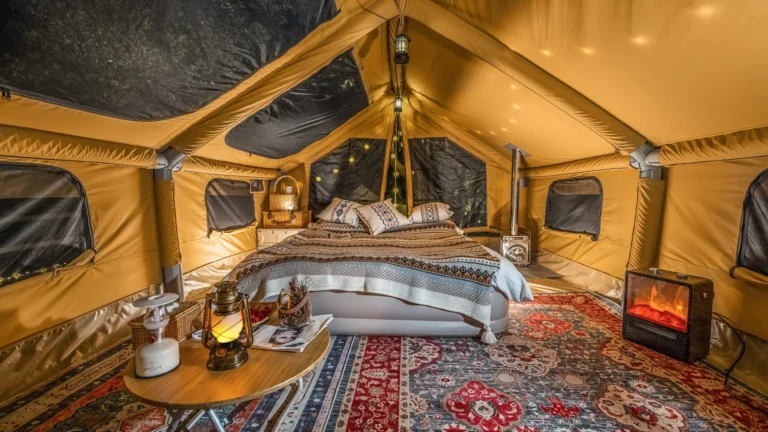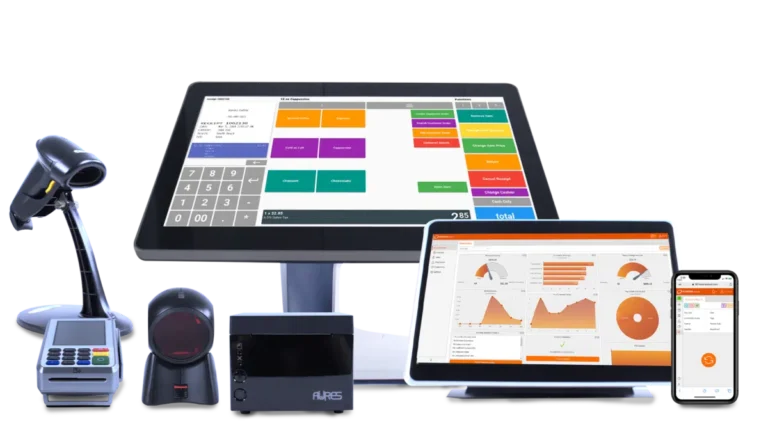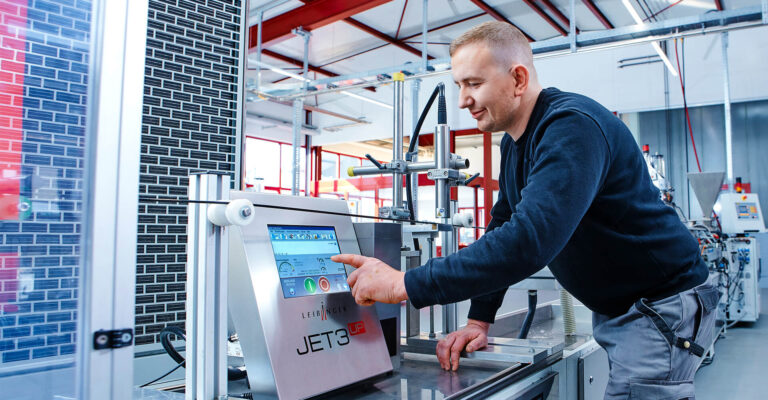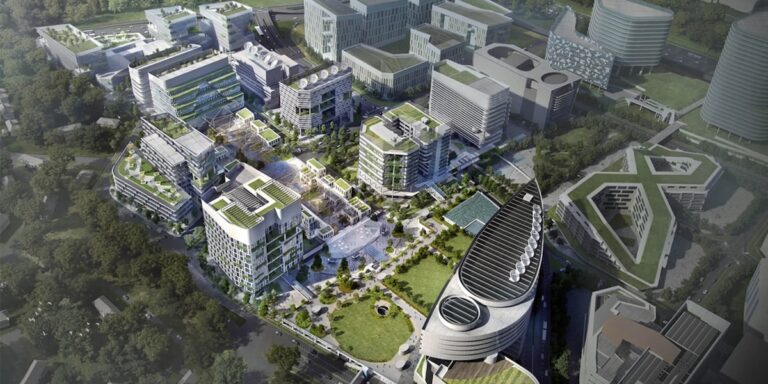Making Air Travel a More Rewarding Experience
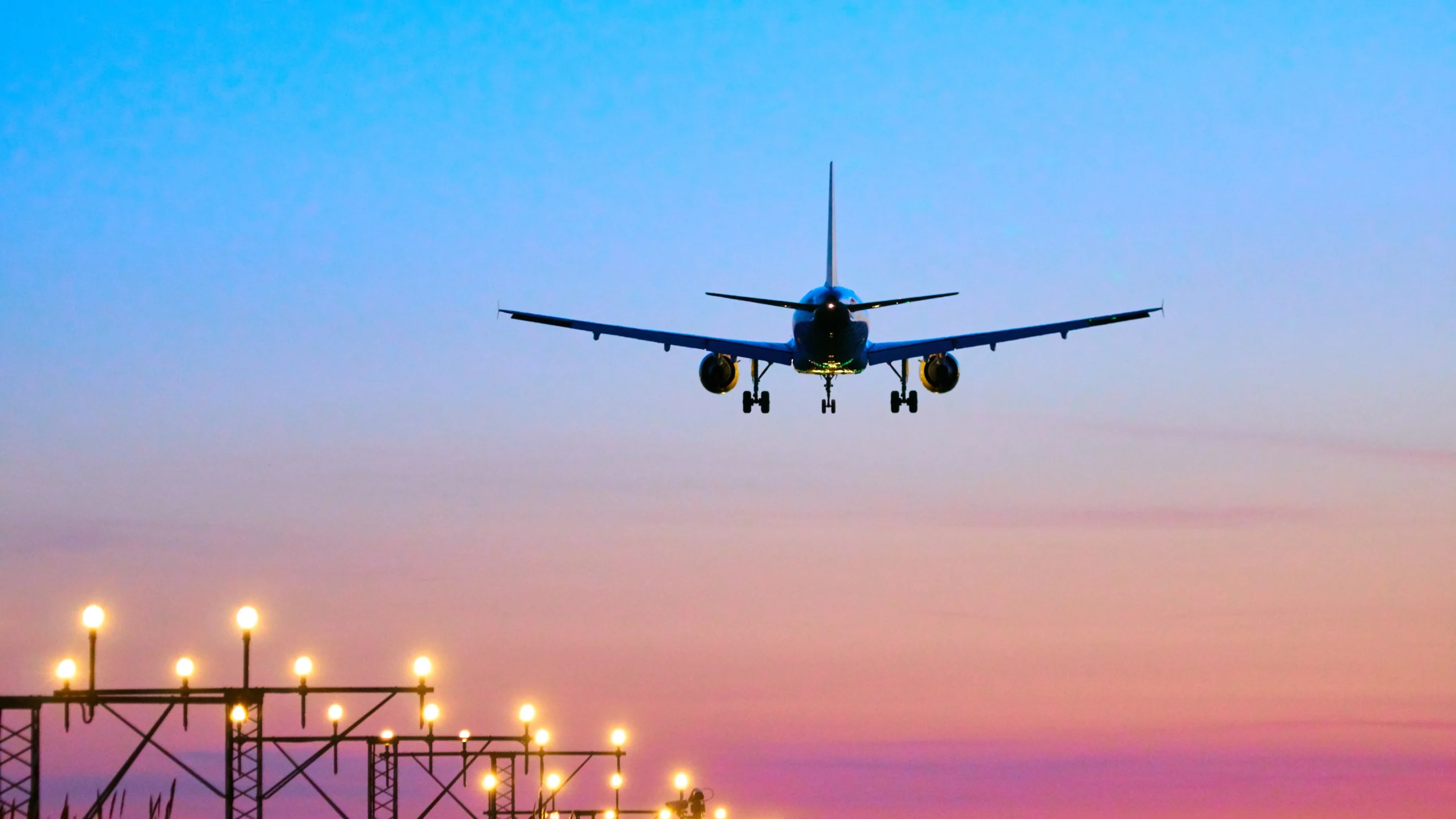
Changing Perspectives on Air Journeys
Air travel has become an essential part of modern life, connecting people and cultures across the globe. No longer viewed solely as a means of transportation, it is now considered an experience that should be both comfortable and efficient. Many travelers look for guidance on how to improve their flying experiences, and platforms such as https://businessclass-airlines.com provide valuable insights into the options available for smarter, more enjoyable journeys.
The Shift in Traveler Expectations
In earlier decades, passengers prioritized cost above all else. The cheapest fare often seemed like the best choice, regardless of the compromises in comfort. Today, however, the mindset is shifting. People increasingly understand that long flights can take a physical and mental toll, which impacts their productivity, well-being, and enjoyment of the trip. This has led to growing interest in options that balance affordability with better comfort and services.
Comfort as a Necessity, Not a Luxury
Comfort during air travel is no longer just about reclining seats and extra legroom. It now includes a range of services designed to reduce stress and enhance well-being. Features such as lie-flat seating, noise-canceling environments, priority boarding, and quality in-flight dining make a tremendous difference. For long-haul routes, these benefits help travelers arrive rested and prepared, rather than exhausted and irritable.
The True Value of Premium Experiences
While the price of upgraded travel options is higher than economy, many travelers find that the value gained outweighs the expense. The ability to sleep properly, save time at airports, and enjoy a smoother journey can make the entire trip more rewarding. When calculated in terms of productivity, health, and reduced stress, the benefits become clear. The decision is less about indulgence and more about making smart travel choices.
Enhancing the Journey Beyond the Flight
Air travel involves far more than time spent on the aircraft. The airport process itself has a significant effect on the overall experience. Fast-track security, priority check-in, and quicker baggage handling streamline the journey, ensuring less time is wasted in queues. Lounge access further elevates the travel experience, giving passengers a calm environment to relax, enjoy meals, or get work done before boarding. These services transform what used to be tedious waiting periods into valuable parts of the trip.
Technology as a Travel Ally
Advancements in technology have greatly improved the way people book and manage flights. With just a few clicks, travelers can now compare routes, amenities, and fare classes to make more informed decisions. Artificial intelligence plays an increasing role, recommending flights that align with individual preferences and past choices. The digital era has placed control firmly in the traveler’s hands, making the process more transparent and efficient.
Productivity in the Air
For professionals, time in the air is no longer considered downtime. With onboard Wi-Fi, charging stations, and spacious work areas, flights often double as mobile offices. Being able to complete tasks, review documents, or prepare for meetings while flying ensures that time is used efficiently. This aspect of travel has become a key reason many professionals choose upgraded options, as it allows them to balance productivity with comfort.
Health and Well-Being at High Altitudes
Airlines are increasingly mindful of the importance of wellness in travel. Features such as cabin lighting that adapts to natural rhythms, healthier meal choices, and seating designed for better posture all contribute to a healthier experience. These innovations are especially important on long-haul flights, where poor conditions can lead to fatigue or discomfort. By prioritizing wellness, airlines ensure passengers arrive feeling more balanced and less affected by jet lag.
The Sustainability Factor
As awareness of climate change grows, sustainability has become a major concern in the aviation industry. Passengers are increasingly seeking options that minimize environmental impact without compromising comfort. New aircraft designs use fuel more efficiently, while onboard practices reduce waste through eco-friendly materials and reduced single-use plastics. Travelers can now enjoy enhanced experiences while also supporting environmentally responsible initiatives.
The Future of Smarter Flying
Looking ahead, the future of air travel promises even greater innovation. Biometric systems are streamlining boarding processes, AI-driven customer support is personalizing travel experiences, and next-generation aircraft are being designed for both efficiency and passenger comfort. Those who embrace smarter travel choices today will be well positioned to take advantage of these advancements as they become more widespread.
Conclusion
Air travel is no longer defined by reaching a destination as quickly as possible. It has evolved into a complete experience, where comfort, convenience, productivity, and sustainability all play a role. By making informed choices, passengers can transform their journeys into meaningful, enjoyable, and efficient experiences. Whether for business or leisure, the way we travel is changing—and the journey itself is becoming just as important as the destination.

